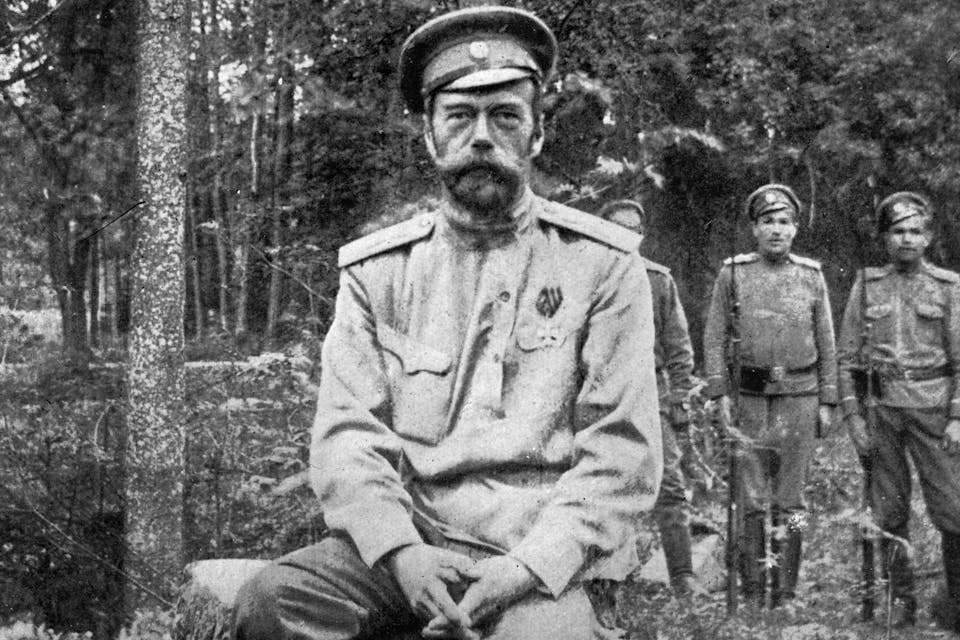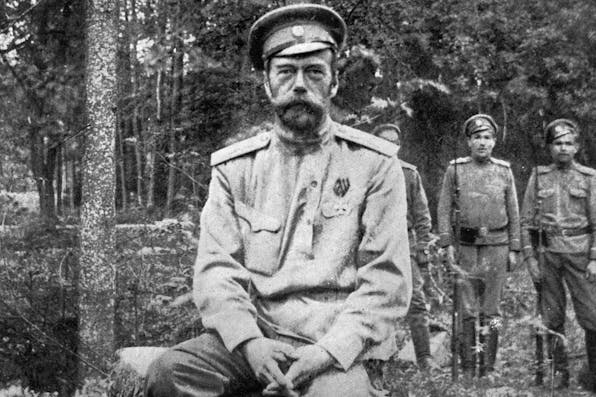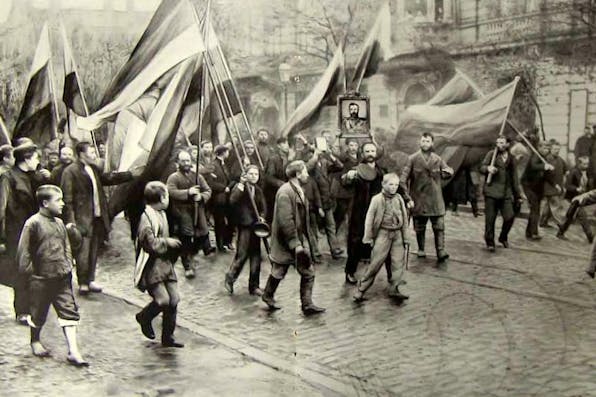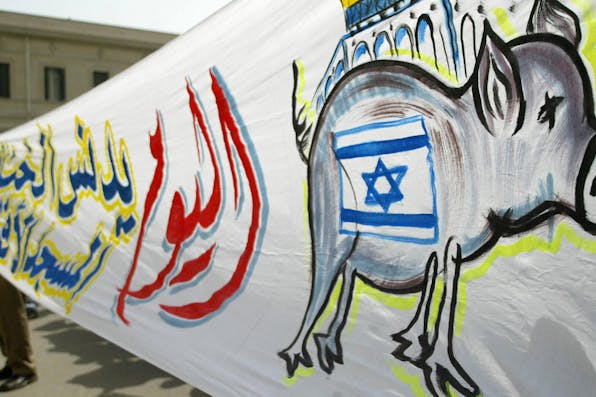
December 11, 2017
How Anti-Semitic Conspiracy Theorists Sustain Their Convictions
As the long life of the Protocols attests, anti-Semitic passions are not just sincere, they're hard-wired beyond any possibility of disproof by reason.
“Only after World War I did the Protocols gain their immense influence,” Walter Laqueur observes in his eloquent essay on the “many lives” of that wretched fabrication. Its initial spread “from Russia to Western Europe and then to America” occurred, he reminds us, in the crucial period after World War I: “a time when all kinds of allegations and revelations bobbed to the surface concerning the secret forces behind the various political, social, and economic upheavals of the war years and their aftermath.” Not all of these allegations fixated upon the Jews. But the Protocols distinguished themselves by becoming a global phenomenon, whose memes and obsessions, as Laqueur demonstrates, have endured into our own public discourse today.
More than a century after the first appearance of the Protocols, that staying power raises an important question: if the Protocols had been exposed beyond doubt as a fabrication before Hitler’s sweat-drenched tirades in Munich’s beer halls, would their extraordinary influence have been stymied? Laqueur’s analysis suggests not—rightly, I believe. Still, according to one less-examined text on the Protocols’ murky history, Tsar Nicholas II, arguably the work’s most prominent champion, entertained precisely such a fear—the fear, that is, of disconfirmation—during the first decade of the 20th century. Examining this case may offer further insight into how anti-Semites sustain their conviction that the world is enslaved by a Jewish cabal despite all evidence to the contrary.
The source for the claim about Nicholas is contained in Protocols of Zion Wizards, a 1938 treatise by Vladimir Burtsev. Himself a fascinating and enigmatic figure, Burtsev was at once a Russian revolutionary and an implacable opponent of anti-Semitism who began his career opposing the tsarist empire before taking up the cudgels against the Bolsheviks and the Nazis. A former prisoner of the tsar, who saw spies and infiltrators in every corner, Burtsev famously asserted in July 1917 that “German agents have played a great role among the Bolsheviks” (an assertion dismissed rather too readily at the time as one more conspiracy theory), and gave Lenin and his comrades all the credit for delivering to Kaiser Wilhelm “what he had previously only dreamed about”: namely, an unconditional ceasefire in the war.
Responses to December ’s Essay

December 2017
How Anti-Semitic Conspiracy Theorists Sustain Their Convictions
By Ben Cohen
December 2017
How the “Protocols” Emboldened a Notorious Far-Right Russian Party
By Abraham Ascher
December 2017
It’s Not So Easy to Distinguish Attitudes toward the Jewish State from Attitudes toward Jews
By Joshua Muravchik